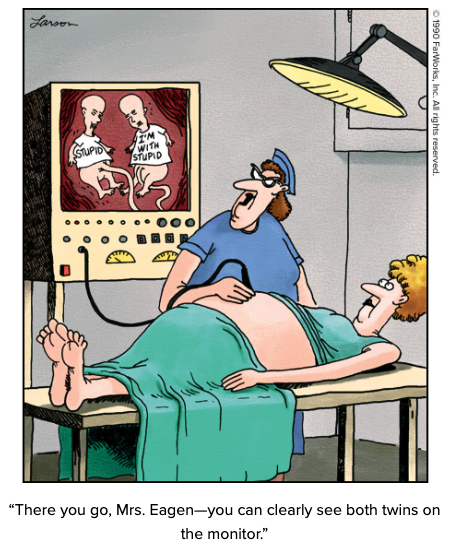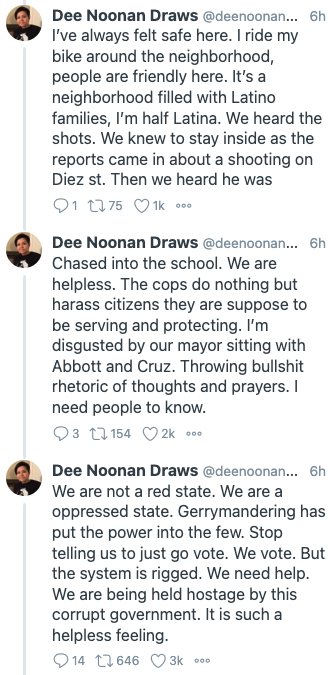I read Neoreaction a Basilisk a few years ago. It was a hard slog, trying to wade through all the neoreactionary conservative garbage, and stories about Thiel and Yudkowski and Curtis Yarvin aka Mencius Moldbug. They’re all terrible writers and communicators who are only intelligible to people who have already been infected with their mind-virus. No, don’t try to defend Less Wrong to me — I tried giving them the benefit of the doubt long ago, and found myself sinking into a quicksand of nonsense generated by people who insisted they were the most logical and rational people on Earth.
I don’t generally recommend the book, because it’s very much a specialist tome. It’s like maybe a professional journal on the psychology of mass murderers is a good thing for experts to read, but for the rest of us, no thank you, we don’t need the nightmares. That’s Neoreaction a Basilisk, thorough and expert, but my god, it’s not going to be everyone’s cup of hemlock.
If you really want to savor the flavor, Tucker Carlson interviewed Yarvin. It’s amazing. Carlson starts by saying that pretty much all of modern philosophy is an exercise in narcissism, but Yarvin is one of the few philosophers who sees through all the liberal nonsense. Yarvin is not a philosopher. He’s a software engineer with no expertise in philosophy at all, which tells you something about Carlson honesty and neoreactionary pretense.
Maybe this interview with the author, Elizabeth Sandifer is enough of a taste to let you know how awful and horrible and inane the whole neoreactionary movement is, without listening to pair of pompous asses on Fox News.
Her summary of Yarvin:
I think that there is a long tradition of right-wing “philosophy” that’s really popular among right-wing nutters and as soon as it gets outside that little bubble, it gets absolutely shot to hell by other philosophers. And I think to describe Yarvin in terms he would probably take as a compliment—and I very much mean as an insult—he’s kind of a modern day Ayn Rand.
So his broad philosophical idea is he’s just really obsessed with order. He thinks that order is the absolute best thing that can happen. Chaos, unruliness, rebelliousness—all these things are inherently very, very bad.
And so his belief, as he expressed back in his Moldbug days—and he’s not really backed down off of it in any substantive way—is that basically, California should secede, become its own nation, and simply impose a CEO with monarchic, godlike powers. At the time, he suggested Steve Jobs would be a particularly good pick for the absolute monarch of California and that the purpose of owning California and running it as a corporate monarchy is explicitly for profit. That was also a part of Yarvin’s philosophical vision for what the world should do.
I don’t want to pin him too much with the slightly satirical and deliberately over-the-top clickbait-y idea of making Steve Jobs king of California—that is him using a rhetorical device to get attention. But he does very, very much believe that rich elites should be in absolute control of everything, and people who are not landowners and do not have a ton of money should basically be thought of as the equivalent of slaves.
I think you can see why he appeals to authoritarians. I love this pithy summary of the whole movement.
To engage in Alt-Right thinking is to turn oneself into a vacuous skinsuit animated by raw stupidity. There is literally not a single shred of non-stupidity in the entire thing. Mencius Moldbug, stupid. Milo Yiannopoulos, stupid. Donald Trump, Vox Day, stupid, stupid, stupid. MAGA and The Daily Stormer are stupid. Every single detail of every single aspect of this entire cratering shitstorm in which the human race seems hell bent on going extinct is absolutely fucking stupid.
Yes! That is the entire right wing right now. It’s true of Republicans, creationists, and flat-earthers. Tucker Carlson, stupid. All the idiots saying we can’t enact reasonable gun control, stupid. The people demanding that we punish women for getting abortions, stupid. Billionaires, stupid.
If you get through that interview, you might also enjoy Sandifer’s deconstruction of Slate Star Codex, yet another scion of the poisonous bowels of Less Wrong.
The stupidity might be congenital.









